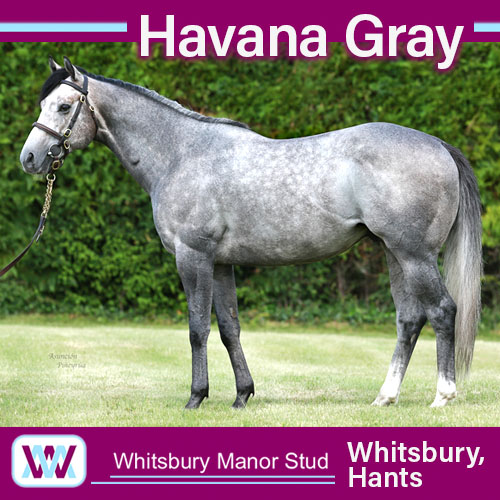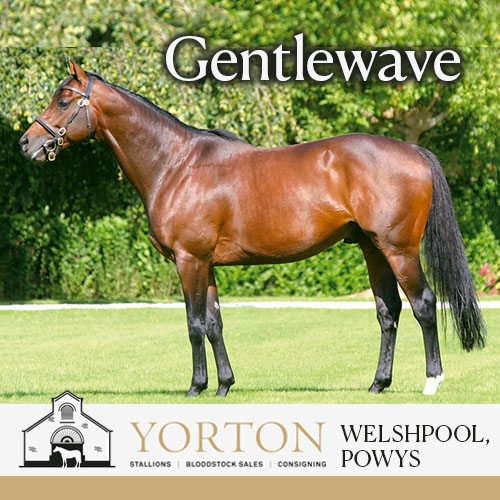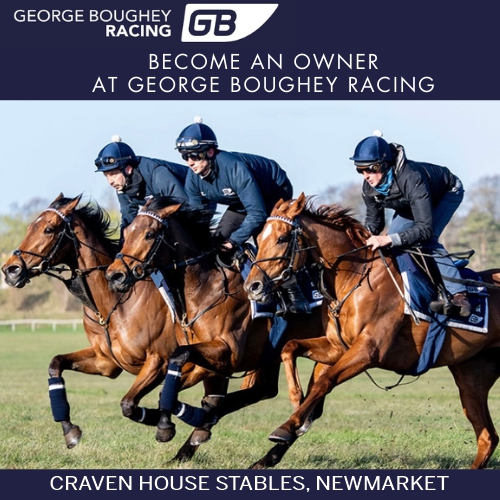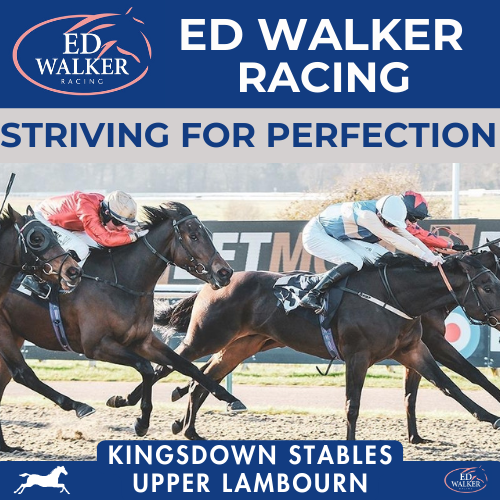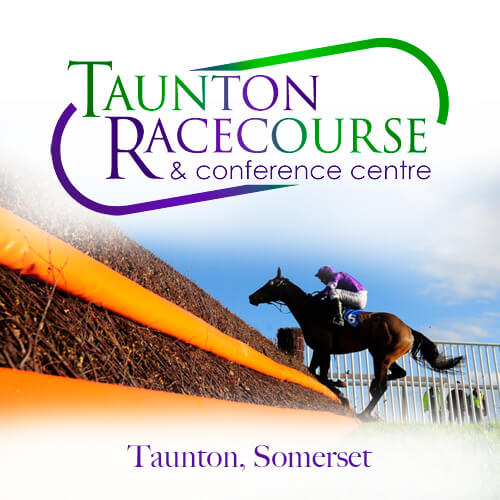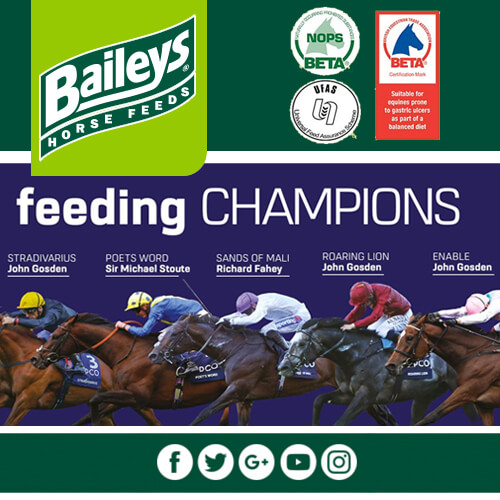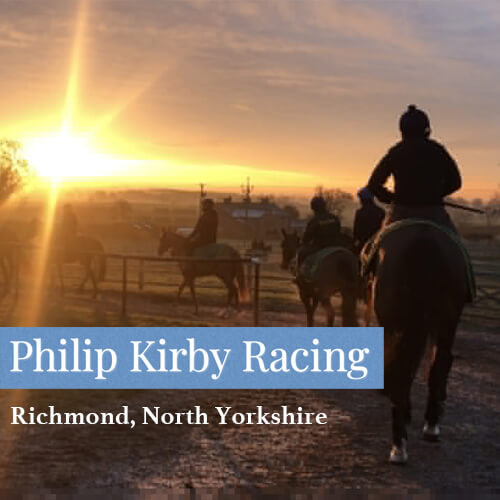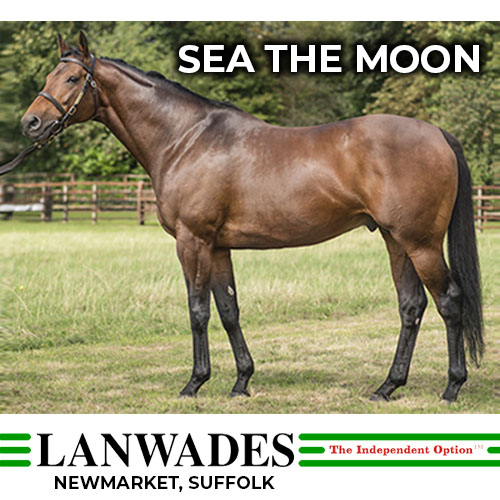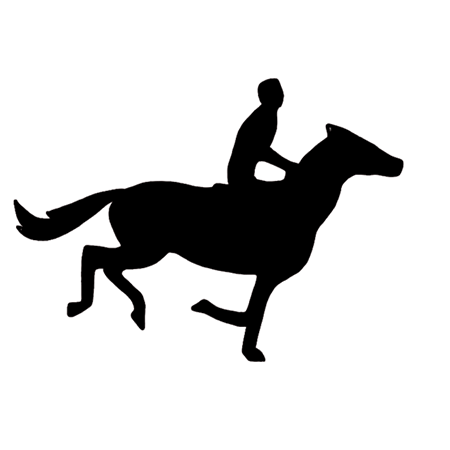Scobie Breasley: The Quiet Genius Who Redefined Race Riding
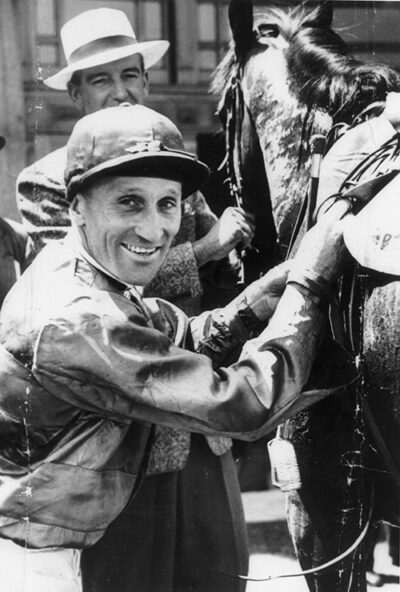 Among racing aficionados, Scobie Breasley is often remembered in numbers—five Caulfield Cups, four British jockeys’ titles, two Epsom Derbies. But the numbers, though impressive, only tell part of the story. To understand Breasley is to understand how he rode—with uncanny patience, cold-blooded timing, and a stillness that disarmed rivals and calmed even the most highly strung thoroughbreds.
Among racing aficionados, Scobie Breasley is often remembered in numbers—five Caulfield Cups, four British jockeys’ titles, two Epsom Derbies. But the numbers, though impressive, only tell part of the story. To understand Breasley is to understand how he rode—with uncanny patience, cold-blooded timing, and a stillness that disarmed rivals and calmed even the most highly strung thoroughbreds.
He wasn’t a showman. He was something rarer: a rider who didn’t so much attack a race as absorb it.
The Anatomy of Stillness
Breasley was the antithesis of the whip-flailing, motion-heavy jockey. His posture was poised, his elbows rarely strayed, and his urgings came late, if at all. In his hands, a racehorse flowed—never forced.
Lester Piggott once remarked:
“If you heard Scobie’s horse behind you in the last furlong, you had to brace yourself. Because you knew it was already too late.”
That stillness was not laziness—it was lethal efficiency. Breasley’s gift was knowing when not to act. And it made rivals deeply uncomfortable.
Racing journalist Geoffrey H. Pacey wrote in the 1960s:
“Scobie rode as if he could see a race ten seconds into the future. His horses did less, but they arrived faster.”
Psychological Pressure in Silhouette
Breasley’s real edge lay in psychology. He rarely dictated tempo—but he let others hang themselves by setting it. He sat chilly while others moved too soon, often luring his fellow riders into a false sense of control.
He himself once described his approach with disarming clarity:
“It’s not about how much running a horse does. It’s when they do it. And if you make them wait, they’ll often give you more than they knew they had.”
It’s a concept that sounds simple. It’s anything but in a high-pressure Group 1, with 15 other jockeys jostling and 100,000 punters watching.
The Dual-Hemisphere Craftsman
By the time Breasley arrived in England in the early 1950s, he had already become a titan in Australia. But it was his work in Britain, particularly with trainers like Noel Murless and Sir Gordon Richards, that elevated him to legend status.
On tracks like Epsom—unforgiving, undulating, with quirks that expose any lapse in balance—Breasley looked like he was on rails. His win on Santa Claus in the 1964 Derby was vintage Breasley: tucked in, waiting, then exploding when it mattered most.
Sir Noel Murless later said:
“He was the quietest rider I ever legged up. But when it counted, there wasn’t one who rode with more purpose.”
Self-Discipline Over Drama
Unlike the more flamboyant jockeys of his time, Breasley never sought the spotlight. He wasn’t a headline-hunter. He never courted the press, rarely gave sweeping interviews, and had no hunger for celebrity. He let results speak for him—and, when needed, accepted accountability with grace.
After a narrow defeat in a major handicap, a reporter asked him what went wrong. Breasley’s reply?
“I misjudged it. The horse ran to instructions. I didn’t.”
No evasion. No blame. Just the quiet standards of a man who expected perfection—not always from the horse, but from himself.
Legacy Beyond the Saddle
Even after his retirement, Breasley remained a revered figure in both hemispheres. He trained for a time, served as a mentor to young riders, and lent his name to the Scobie Breasley Medal—awarded annually to the most outstanding jockey in Melbourne. It's a fitting legacy for a rider who never needed to shout to be heard.
Modern jockeys still study his rides. Some have borrowed elements—James McDonald’s poise, Ryan Moore’s patience, Hugh Bowman’s ability to wait. But the total package that was Scobie Breasley—timing, discipline, balance, psychology—is arguably unreplicated.
As Jim Johnson, a fellow Australian champion jockey, once said:
“He didn’t ride horses. He read them. And then he read everyone else’s, too.”
Final Strides
Scobie Breasley didn’t just change the results of races. He changed how we think about riding them. He reminded the sport that calmness is not weakness, and stillness is not passivity. That the best moves often come at the very end—and only if you have the nerve to wait.
In a sport addicted to split-second decisions and fierce momentum, Breasley’s greatest weapon was time—and his mastery of when to use it.
Havana Grey
https://whitsburymanorstud.co.uk/stallions/havana-grey/
